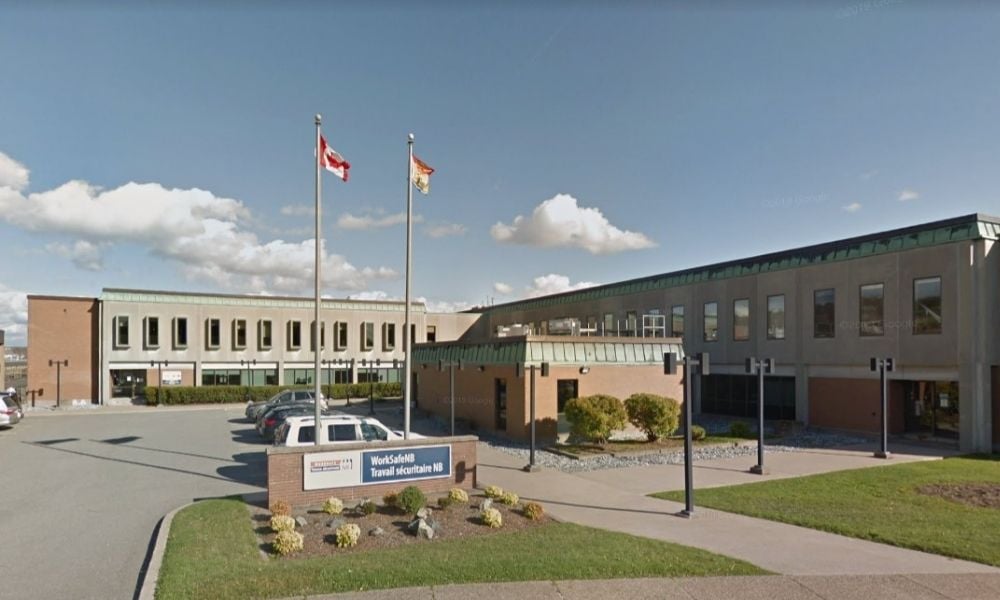Delays could include workers' comp applications, wage replacement and employer services info

A major strike involving 22,000 government employees in New Brunswick could lead to delays in service from WorkSafe NB for employers and workers. These delays include:
- decisions on workers’ compensation applications
- wage replacement and medical treatment reimbursement for injured workers
- invoice payments to health care providers
- phone wait times
- employer services information
“We are doing everything we can to alleviate delays, including: prioritizing responsibilities, perhaps delaying or pausing some activities to focus on critical operations (payments, adjudications, etc.); and working diligently with health care providers to ensure continued efficient flow of health care service,” says the government organization.
Several essential services in New Brunswick have been disrupted because of the strike by Canadian Union of Public Employees (CUPE) workers, according to the provincial government.
“The health, safety and wellbeing of New Brunswickers remain our top priority and we are continuously assessing the impact and whether further action is required,” says Premier Blaine Higgs.
It’s rumoured the province will introduce back-to-work legislation to end the strike.
WorkSafeNB recently announced it was eliminating the three-day unpaid waiting period for workers experiencing a workplace injury or illness.
Lack of agreement
CUPE rejected the government’s initial offer. Currently, the government is offering wage increases totalling 8.5 per cent over five years. The offer also includes:
- raising the salary for casuals to 100 per cent of the salary paid to permanent staff
- sustainable pension plans for existing plans that were in jeopardy
- the opportunity for workers who have not previously qualified, to participate in a pension plan.
“It’s absurd. The Conservatives want to force workers to take below cost-of-living wages, even if they already are the lowest paid of the lowest-paid public service workers in Canada,” says Stephen Drost, president of CUPE NB.
The offer corresponds with agreements New Brunswick reached this fall with three other bargaining units, according to the government.
“We presented CUPE with benefits over and above just wage increases, and I sincerely hope they are considering the entire value of our offer and how that benefits their members,” says Higgs.
In April, Ottawa announced it would provide more than $1.94 million over five years to the Public Legal Education and Information Service of New Brunswick (PLEIS-NB) for a project that aims to prevent workplace sexual harassment of vulnerable populations in the province.




